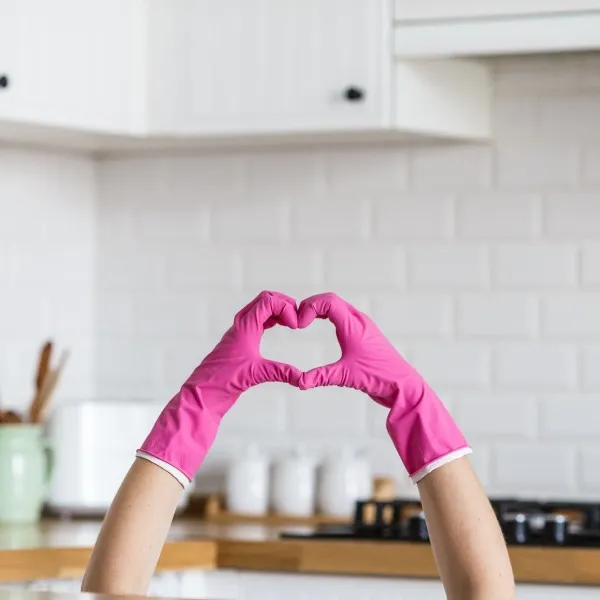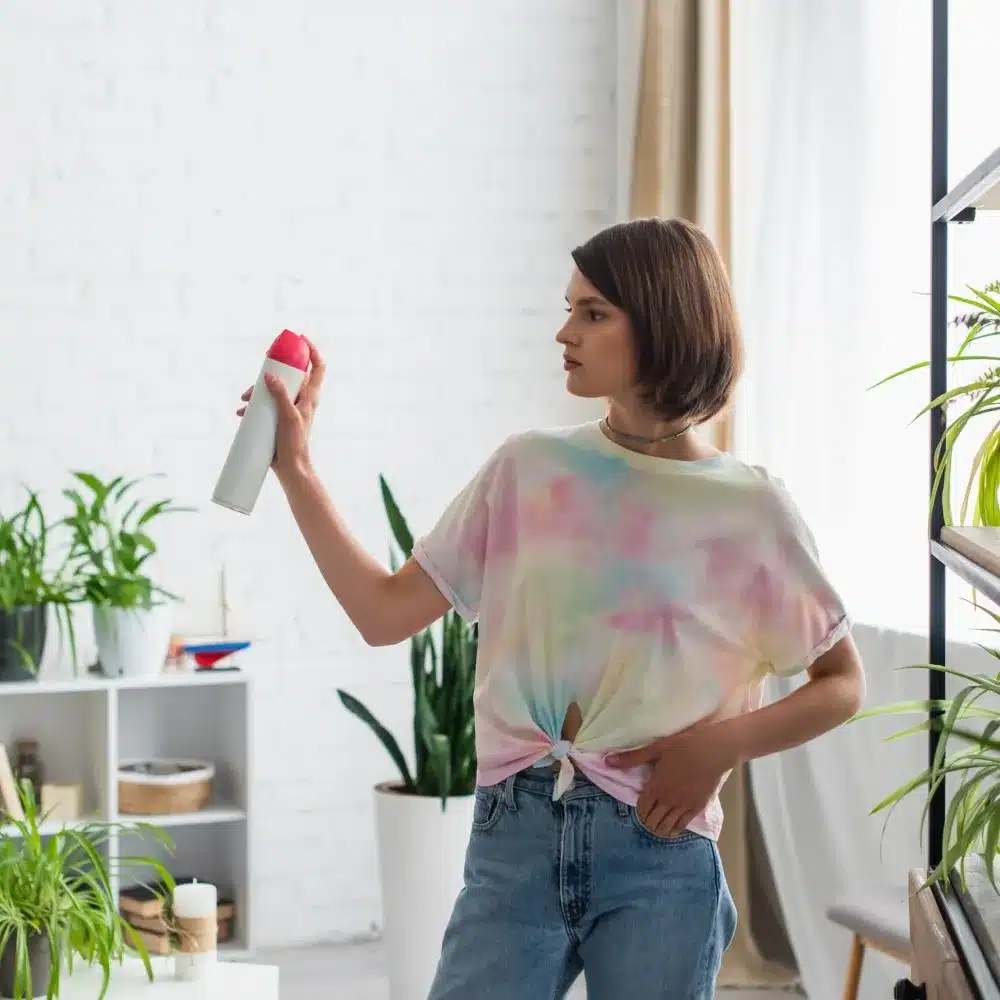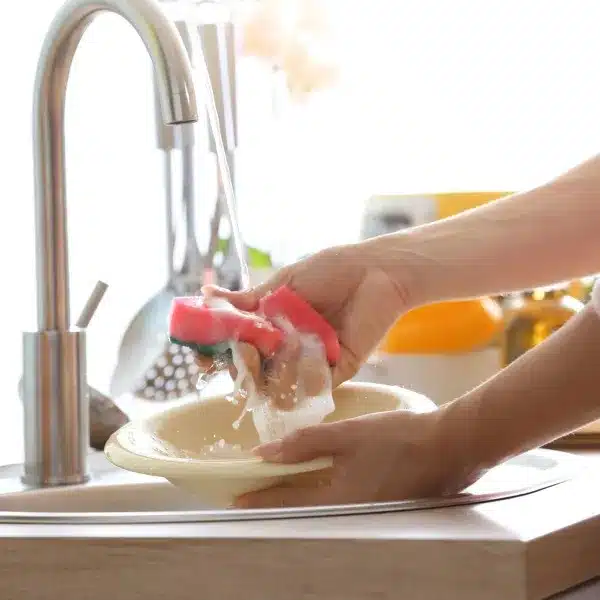What’s Wrong with Sodium Lauryl Vs. Sodium Laureth Sulfate?
Written by:
Maia James
10/09/2012

Updated: 10/09/2012
Looking for a different guide? Browse them all HERE.
This is Gimme the Good Stuff’s simple primer on sodium lauryl sulfate and its cousin, sodium laureth sulfate.
Sodium lauryl sulfate, or SLS, is a surfactant. For simplicity’s sake, think of a surfactant as something that creates bubbles in dish soap, toothpaste, shampoo, shower gel, etc. There is conflicting evidence, but my research has made me believe that SLS is not a carcinogen, but it is irritating to some people’s skin. SLS sometimes appears on labels as “coconut-derived surfactant.”
Sodium laureth sulfate, or SLES, is another widely-used surfactant that is also coconut-based. SLES is probably carcinogenic, as it is usually contaminated with 1,4-dioxane (this happens during the production process).
A 2008 study by the Organic Consumers Association showed that many eco-friendly dish soaps contained 1,4-dioxane, which is a byproduct of the production of SLES. Most of these companies no longer use SLES, but Ecover is a notable exception.
Some products containing SLS are manufactured on equipment used to produce SLES, resulting in 1,4-dioxane cross-contamination if the equipment is not cleaned properly. Seventh Generation claims that their dish soap no longer contains detectable levels of 1,4-dioxane, despite their use of SLS and initial cross-contamination problems.
Bottom line: I’m never okay with using products that contain SLES, but I’m basically cool with SLS if I can’t find an alternative product without it.
I use products with SLS in my home, and recommend them as well. I do not usually recommend skin care products with SLS because of its potential as an irritant, but it is safe in things like laundry or dish soap. (If you hand wash a lot of dishes and find that your hands are irritated, this might be something to consider.)
Stay sane,


Maia, Founder & CEO
Note: This article contains affiliate links or sponsored content, which means that if you make a purchase, we may earn a commission. We only recommend products that meet our strict standards for non-toxicity and that we use (or want to use!) ourselves. Thank you so much for supporting the brands that make Good Stuff!
Enjoying this guide?
Join 60K families who rely on our free guides on everything from milk to mattresses! Sign up to get $5 off your first order, access to our ultimate Clean Products Cheat Sheet, and ongoing exclusive access to coupon codes and promotions. Our weekly newsletter is filled with well researched tips and tricks to live a toxin-free lifestyle.
Related Posts
Non-Toxic Sunscreen Guide
Start Here: 5 Crucial Steps to Decrease Toxins in Your Home
Non-Toxic Air Freshener Guide
2023 Best Natural Dish Soap Guide
-
is the laundry detergent CLEAN PEOPLE safe?
-
I have followed your site as I try to clean up my home safely.
What is best laundry detergent to keep whites brighter?
is Calgon safe to soften water? is there another product on the market that is safer?
Thank you for your time and expertise. -
Is what Hasan claims about SLS true?
Thank you -
Sorry but SLS despite not being a proven carcinogen has been studied to cause several health issues so I don’t understand how you can advocate its use in dish soap and laundry detergent but not in skin care products?
Its okay on your dishes and in your clothes? P.S. Being derived from coconut makes no difference, in terms of chemistry the end product has the same chemical composition.
-
That ingredient, and the product, are fine in my opinion.
-
How do u feel about the product Shea moisture baby head to toe? It clams to be organic but saw a specious ingredient sodium lauroyl lactylate (coconut oil)
-
what are ingredients of aldi green action dish detergent?
-
what are ingredients of aldi green action dish detergent
-
could you please email me back and let me know what you believe to be true about an air freshener called citrus magic if it is non toxic and ok to use thank you
-
Hi there-
Citrus Magic is Sneaky Stuff (contains undisclosed artificial fragrances).
-





Leave a Reply
You must be logged in to post a comment.